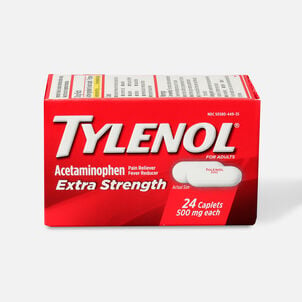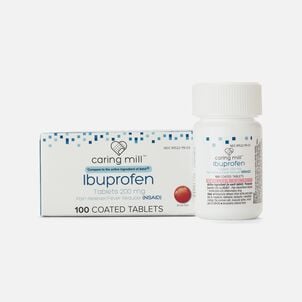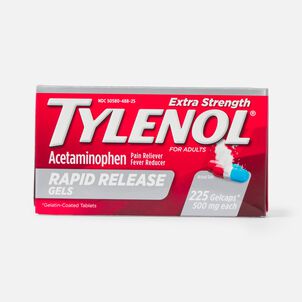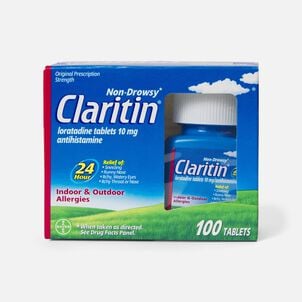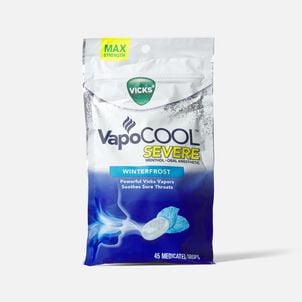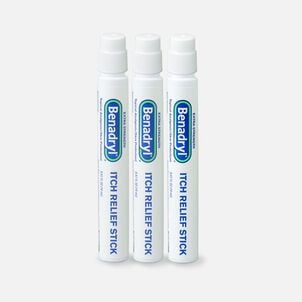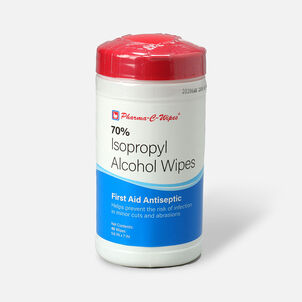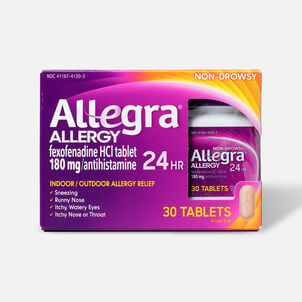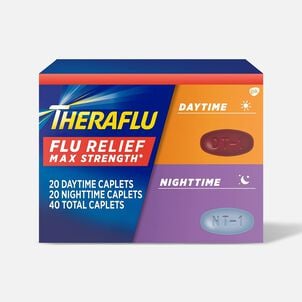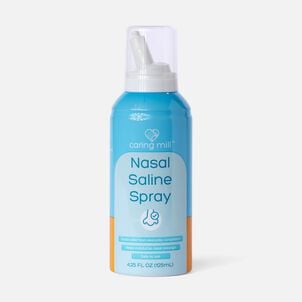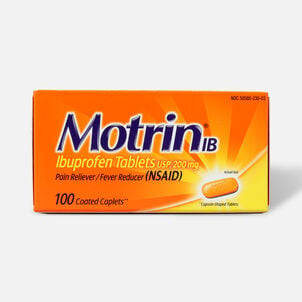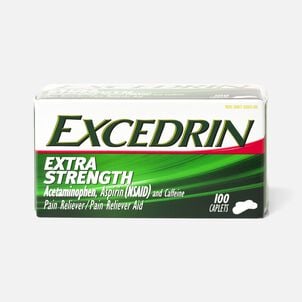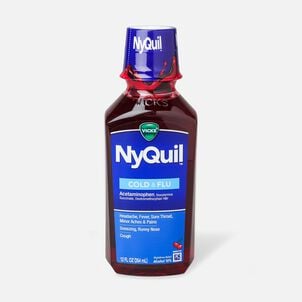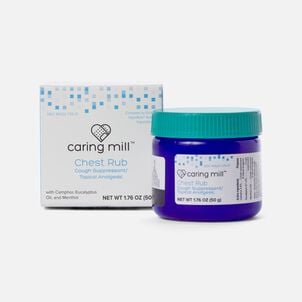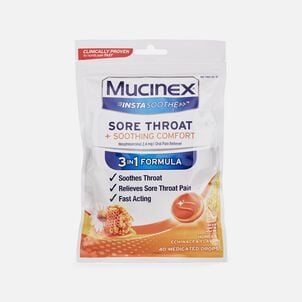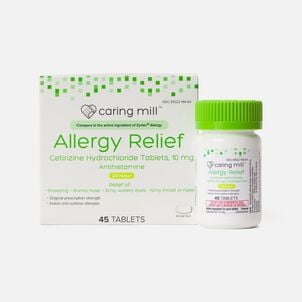The Complete HSA Eligibility List
Here it is — the most-comprehensive eligibility list available on the web. From A to Z, items and services deemed eligible for tax-free spending with your Flexible Spending Account (FSA), Health Savings Account (HSA), Health Reimbursement Arrangement (HRA) and more will be here, complete with details and requirements. Important Reminder: HSAs, FSAs, HRAs and other account types listed may not all be the same. Be sure to check with your administrator to confirm if something is eligible before making a purchase.
Here it is — the most-comprehensive eligibility list available on the web. From A to Z, items and services deemed eligible for tax-free spending with your Flexible Spending Account (FSA), Health Savings Account (HSA), Health Reimbursement Arrangement (HRA) and more will be here, complete with details and requirements. Important Reminder: FSAs, HRAs and other account types listed may not all be the same. Be sure to check with your administrator to confirm if something is eligible before making a purchase.
Antihistamines: HSA Eligibility
Antihistamines: eligible with a Health Savings Account (HSA)HSA Eligible Cold & Allergy Medicine
What are antihistamines?
Antihistamines are over-the-counter (OTC) medicines that are used to block the body's production of histamine, which is produced during the body's inflammatory response to the presence of an allergen or another microbe that the body views as an invader. Antihistamines work by blocking the histamine receptors in each cell, so as histamine travels throughout the body, it cannot activate these receptors and affect the cell. Without the use of antihistamines, common allergic symptoms like swelling, itching, nasal and lung congestion and others will continue as long as allergens are present.
The primary purpose of antihistamines is to fight the effects of histamine in the body, but variants of these drugs can differ in terms of their overall side effects. Antihistamines are available in numerous forms, including pills, creams, lotions, nasal sprays and eye drops. There are two primary groups of antihistamines: the older, first-generation products that feature ingredients like diphenhyramine or chlorphenamine typically causes drowsiness, while second and third generation antihistamines that feature ingredients like loratadine and cetirizine have the same histamine-fighting effects but do not cause drowsiness (Mayo Clinic).
What conditions do antihistamines treat?
Antihistamines are primarily used to combat the body's inflammatory response to allergens, and they play a major role in managing the symptoms of the following conditions:
- Mild or moderate reactions to food allergies (severe reactions require medical attention)
- Hay Fever/Allergic Rhinitis
- Allergic Conjunctivitis
- Allergic Skin Conditions (eczema, hives)
- Insect Bites and Stings
Additionally, antihistamines have a wealth of other potential medical uses, as they have been known to treat stomach ulcers, motion sickness and insomnia (Patient).





